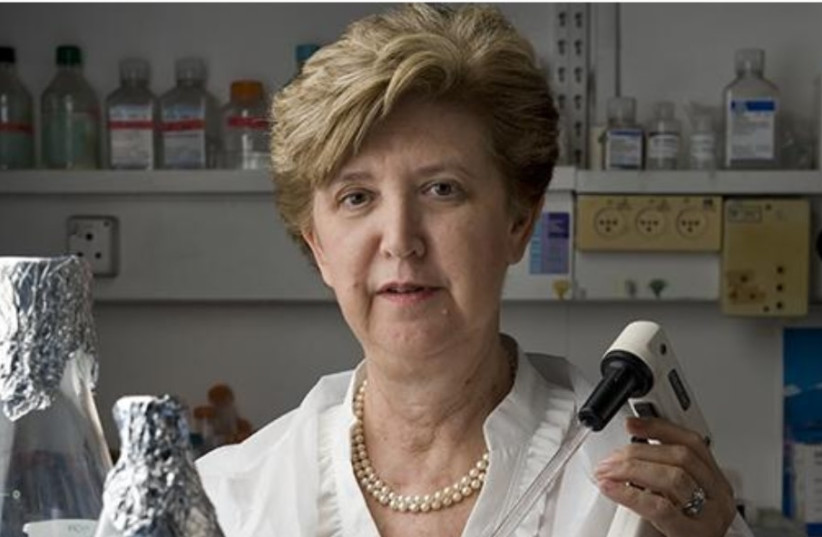The presence of certain bacteria in saliva might help determine whether an active or veteran soldier suffers from post-traumatic stress disorder (PTSD), according to researchers at Tel Aviv University and the University of Haifa.
The team characterized the psychological, social and medical condition of some 200 IDF veterans and collected saliva samples from them. The findings show that the soldiers who were suffering from PTSD presented a typical microbial picture (signature) in their saliva.
The study showed a typical microbial picture in the saliva of veteran soldiers who had combat stress-related reactions from the First Lebanon War in 1982 and are currently suffering from PTSD. It also found that about a third of the participants who suffered from PTSD had never been diagnosed as such. As a result, they never received any recognition from the Defense Ministry and other authorities.
PTSD's worldwide reach
PTSD is a global public health concern, affecting about one in 20 individuals. And it is not only soldiers who suffer. The disorder also develops in some people who have experienced a shocking, frightening or dangerous event, despite fear being a normal response. Symptoms of PTSD include nightmares or flashbacks as internal reminders of the traumatic event, an altered state of anxiety, depression, avoidance of external reminders and changes in mood or thinking. Victims are also prone to becoming substance abusers.
Nearly everyone will experience a range of reactions after trauma, yet most people recover from the initial symptoms on their own. Those who continue to experience problems are diagnosed with PTSD.

The study was a joint effort led by Prof. Illana Gozes together with her colleagues Prof. Noam Shomron, Dr. Shlomo Sragovich and doctoral student Guy Shapira, all from the Sackler Faculty of Medicine and Sagol School of Neuroscience; Prof. Zahava Solomon, from TAU’s Gordon Faculty of Social Sciences; and Prof. Abraham Sagi-Schwartz and doctoral student Ella Levert-Levitt, from the Center for the Study of Child Development and the School of Psychological Sciences at the University of Haifa.
The study was a multidisciplinary effort by eminent scholars from various fields. The participants came from a larger cohort of subjects in a comprehensive four-decade study of veterans by Solomon.
The future of PTSD diagnostics
According to the researchers, these results might help to reach an accurate and objective diagnosis of people suffering from PTSD and to develop microbiotic-related medications connected with the body’s microbial ecology
The study was published in Nature’s prestigious Molecular Psychiatry journal under the title “Oral microbiota signatures in post-traumatic stress disorder veterans.”
The psychological test covered various factors including sleep, appetite disorders, guilt, suicidal thoughts, social and spousal support, hostility, satisfaction with life, demographics, psychopathology, welfare, health and education.
Comparing the results of the subjects’ microbial distribution to the psychological results and their responses to the welfare questionnaires, the researchers discovered that people with PTSD and high psychopathological indications exhibited the same unique oral microbiotic picture in their saliva. The team said the study is significant in that for the first time, it could become possible to diagnose PTSD by objective criteria and not just behavioral ones.
The saliva bacteria of those exposed to air pollution showed a correlation to PTSD, while the number of years of education showed a protective influence and a reverse picture of the microbial ecology in the saliva.
“To the best of our knowledge, this is the first depiction of a microbial signature in the saliva among veteran soldiers with PTSD,” declared Gozes. Until now, a diagnosis of PTSD has been based solely on psychological and psychiatric measures. Thanks to this study, it could soon be possible to use objective molecular and biological characteristics to distinguish PTSD sufferers, taking into account environmental influences.
“We hope that this new discovery and the microbial signatures described in this study might promote easier diagnosis of PTSD veterans so they can receive appropriate treatment,” Gozes concluded.
